Margot And Harley: Sympathy For The Suicide Girl

Margot Robbie is one of the many inspired casting choices in the DCEU. She loves Harley, and has said that there’s ‘so much more to do’ with the character. For several months now, Robbie has generated significant buzz and interest in a Harley spinoff focused around DC women, and reportedly brought a female writer onto the project.
That commitment to Harley Quinn shines in the way Robbie plays the role in Suicide Squad. The dialogue rings hollow at points, with a lot of potential for an actress to play in the ‘generic crazy’ category. Spoken un-ironically and taken at face value, most of Harley’s lines have an ableist flavor.
For example, the well-known moment from the trailers where Harley claims to be experiencing auditory hallucinations, in context seems more like her trying to push and see how far she can take a performative version of herself; most of the ‘funny crazy girl’ archetype is put on by Harley to hide her deep-seated trauma.
[zergpaid]There’s a sardonic element to Robbie’s performance as Harley that speaks to an understanding of the character’s traumas, not just her surface persona — which, it becomes abundantly clear, is something that Harley uses to cope with what she has suffered and who she has become.
“Own that #$%@!” she tells Diablo, in a moment that really sells who Harley Quinn is. Harley collects these behaviors from a time where she thought she was happy with the Joker. She creates her persona out of everything that doesn’t hurt, to hide from all the parts that did and still do. ‘Crazy’ Harley doesn’t have to be in pain, because nothing touches her. Owning who she was with the Joker is a coping mechanism, because otherwise she has to realize what it was he did to her.
This would not come across with a lesser actress. Robbie delivers us a Harley Quinn whose pathos and nuance go far beyond her writing and the objectification of the camera. This Harley is at the beginning of her story, and that is abundantly clear.
Harley pretending to be a different kind of mentally ill than she is still creates a problem, of course — but it can, with Robbie’s performance, be read as a character flaw and not necessarily as a flaw in the character.


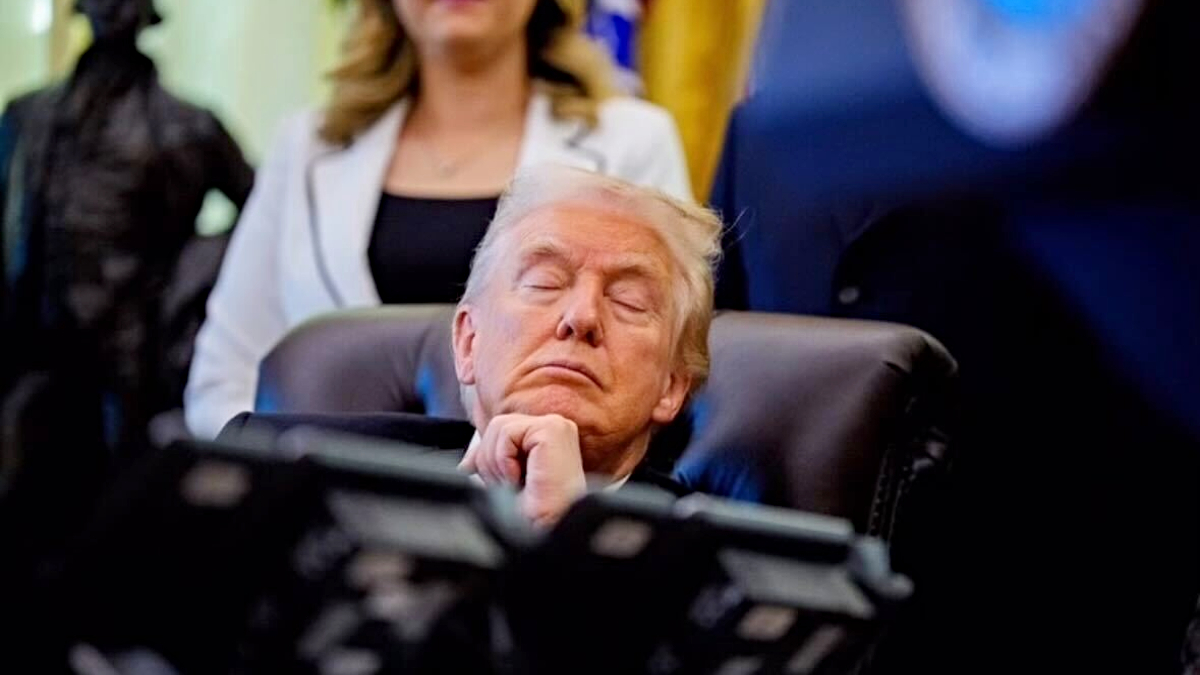
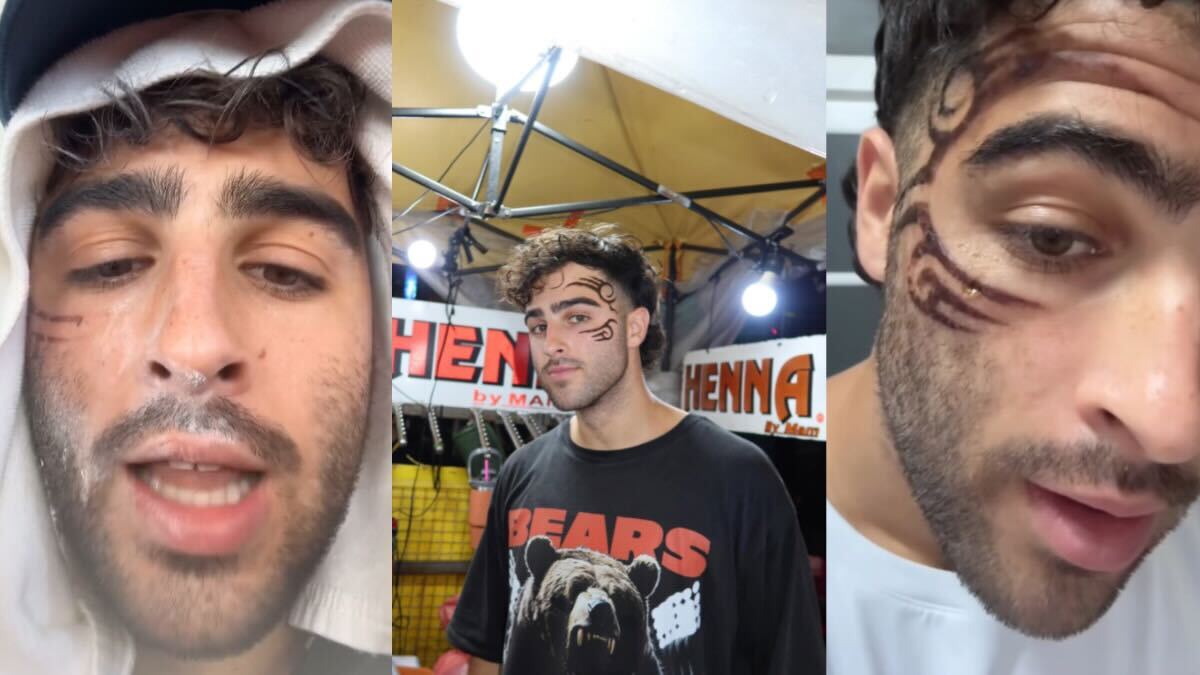
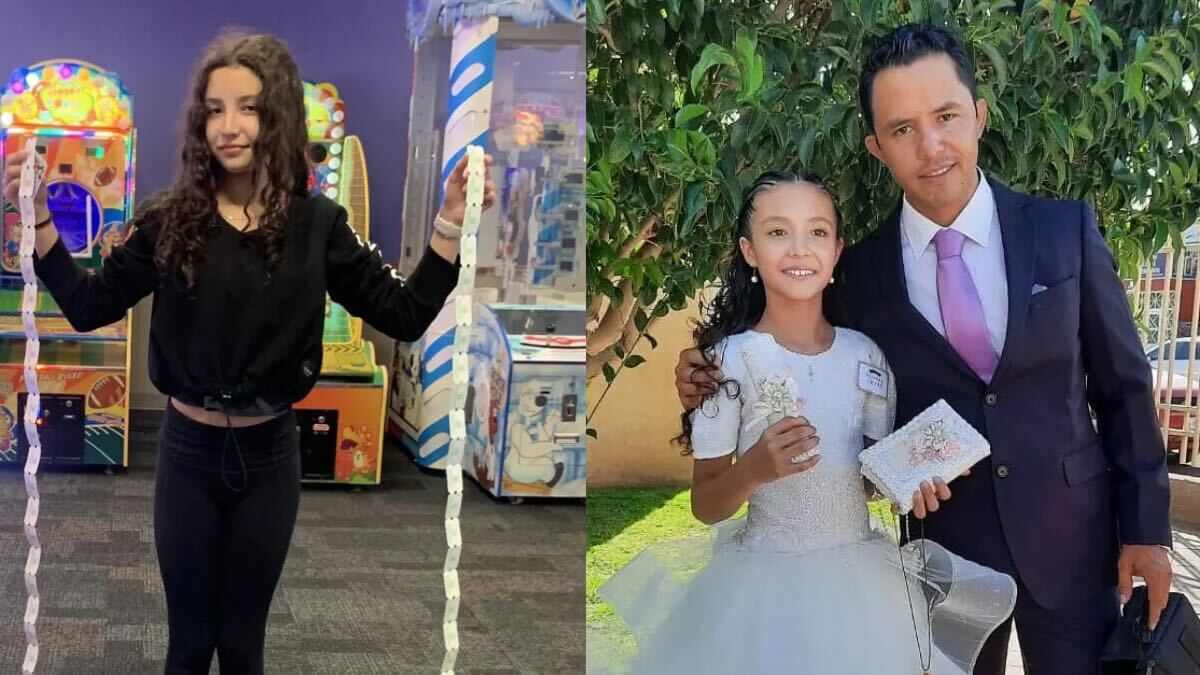
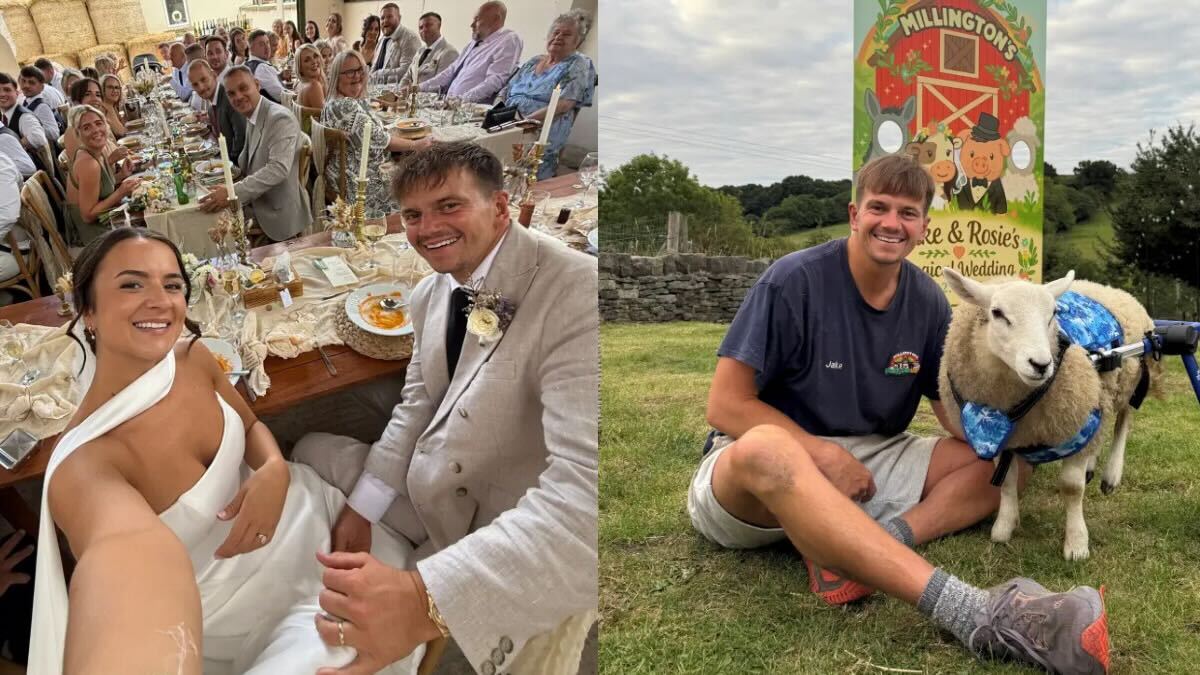
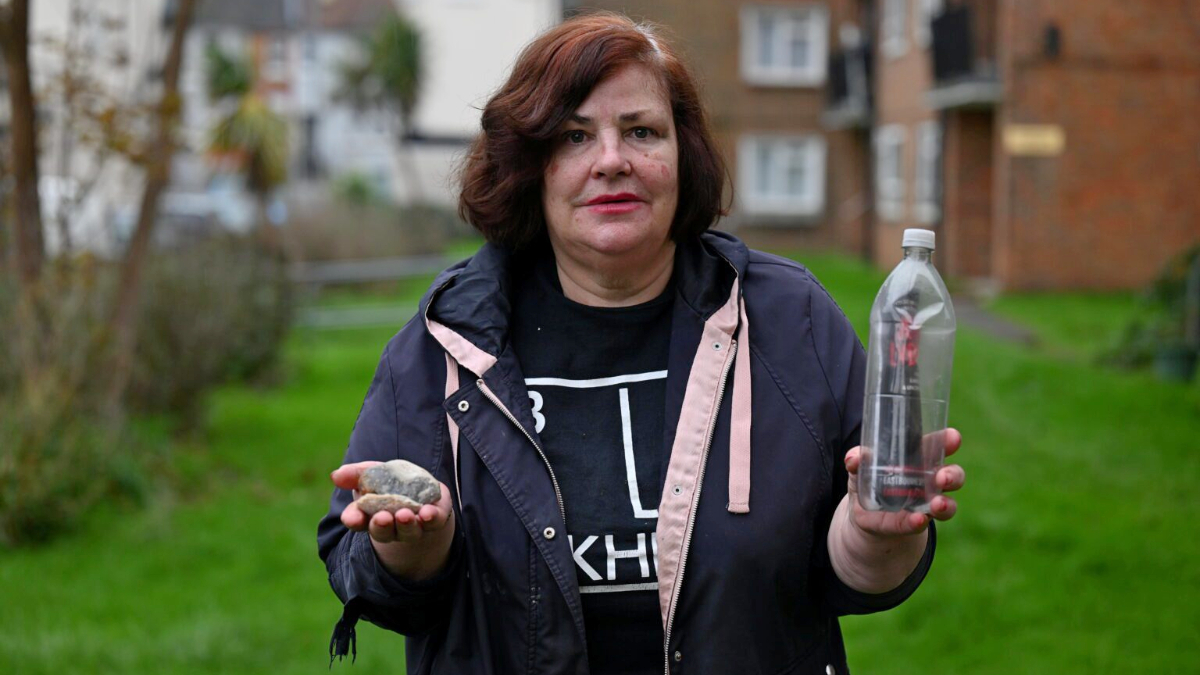


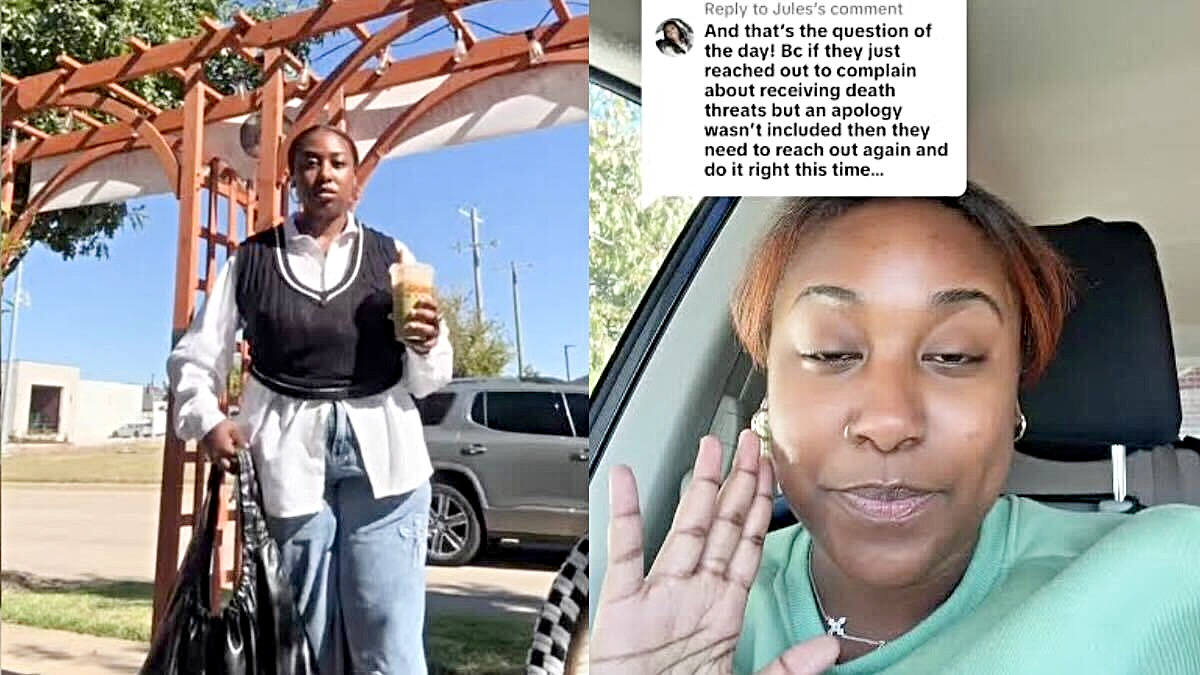
Published: Aug 11, 2016 10:49 am